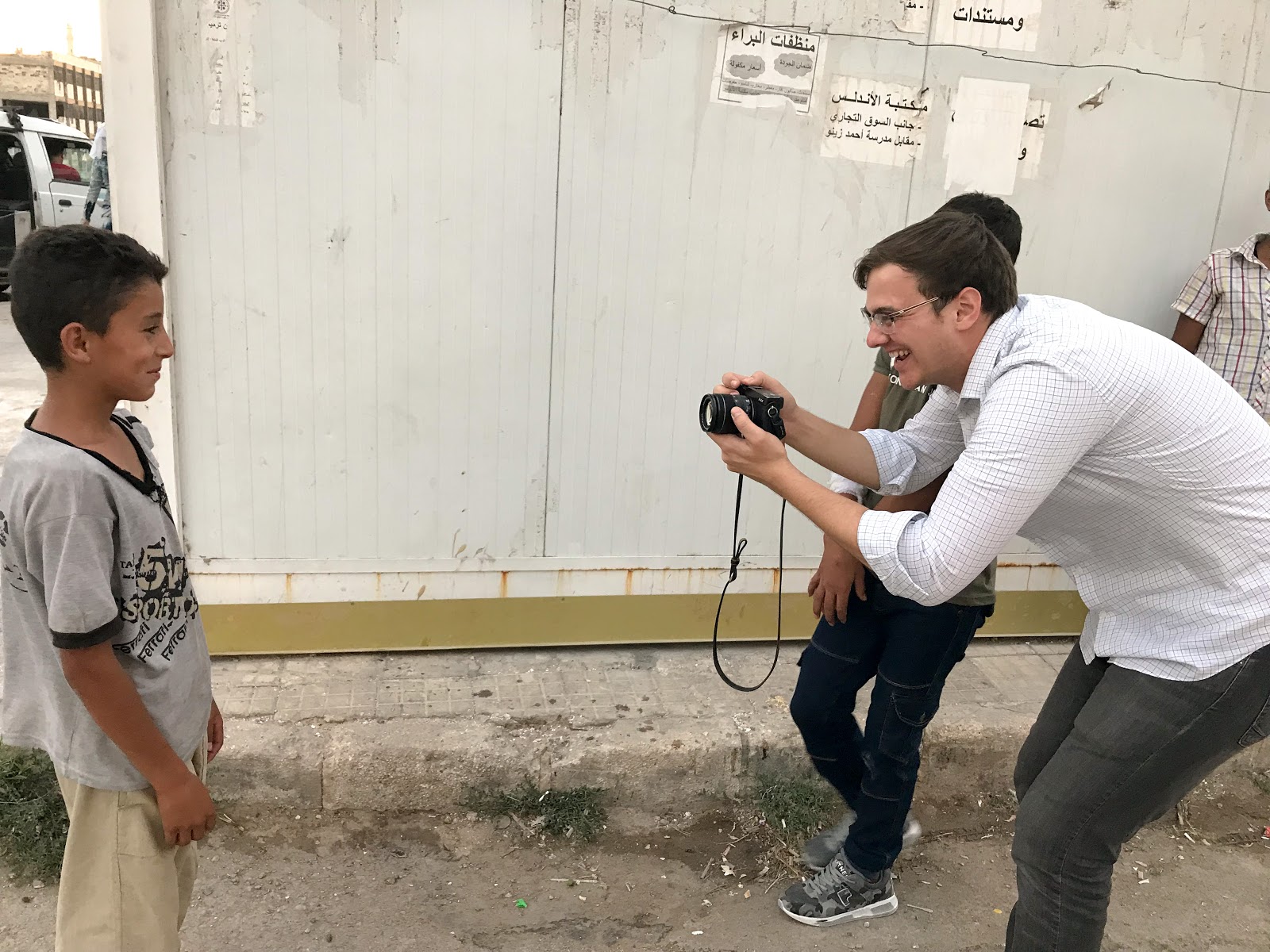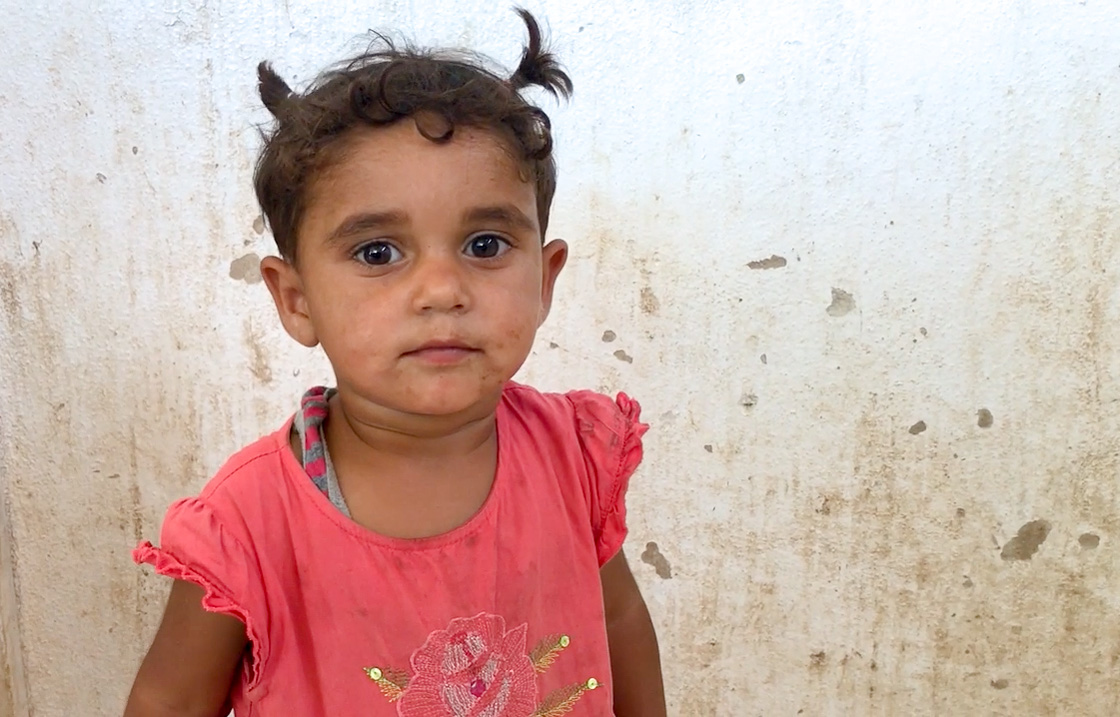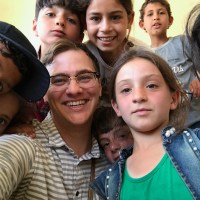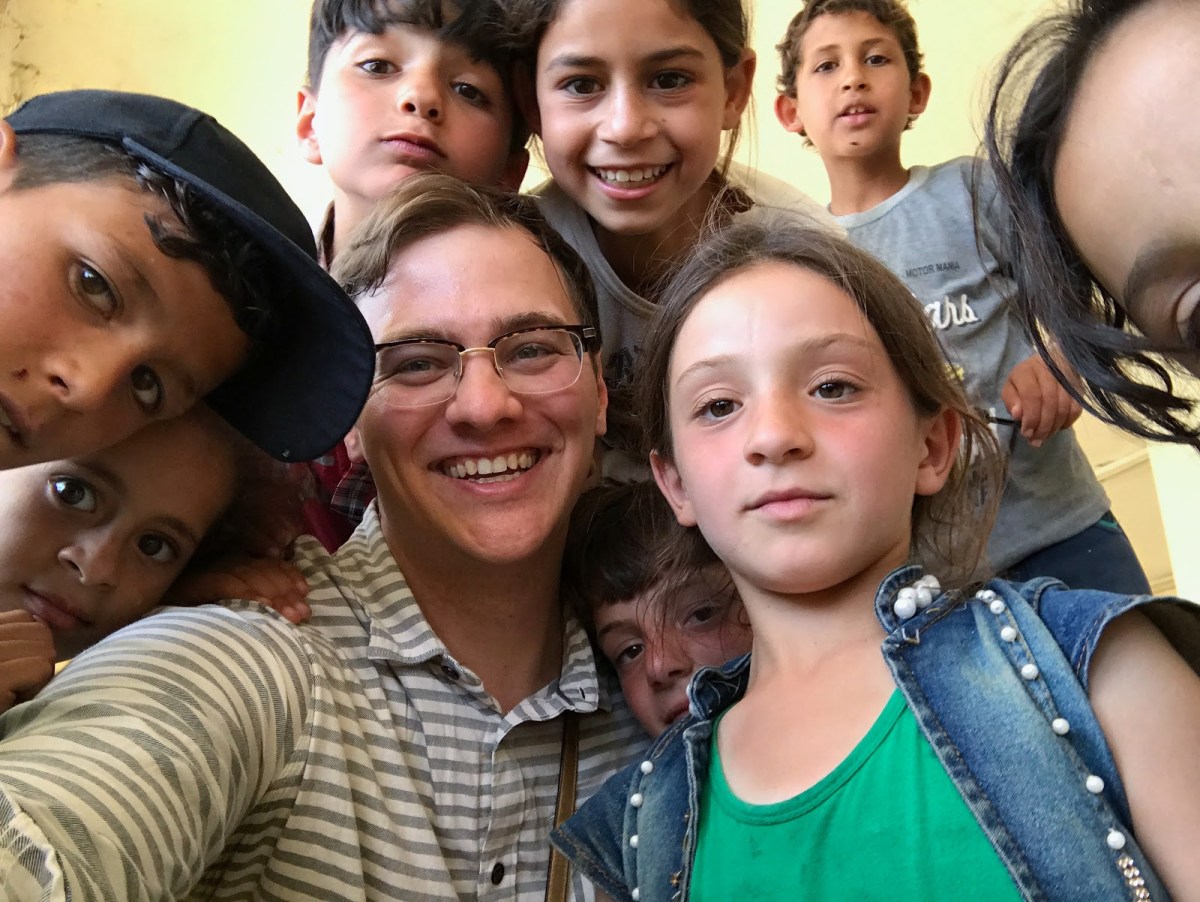Greetings from Syria, friends!
When I tell people I’m in Syria this week, responses go a few different ways. Some just give the funny look like, “Why?” Some worry for my safety.
But most people ask, “So what’s it like?”
To which my response is typically, “How much time do you have?”
If you’re expecting a quick word or easy explanation to sum up all that is Syria, you’ll be disappointed. There’s nothing quick or easy about Syria.
You can’t summarize years of blood and burning with a pithy synopsis. Syria is not a book we read. Syria isn’t a YouTube comments section or a breezy topic for a cocktail party.
For us, there is no “Syria” without Syrians. Syrians are people.
Can I say that again? Syrians. Are. People.
We love them. As in, we really, truly care about them.
Somewhere along the way for most of the world, Syria became another headline or issue or puffy opinion.
The truth is, Syria is vastly complex and personal. Each Syrian has a different story, their own take on what’s wrong, who is to blame, why things are the way they are, what they lost in all this, and what they think it’ll take for things to get better. Each Syrian has their own hopes.

So how do we represent all those perspectives when someone asks, “So what’s it like?”For me, the most important thing to do is to ask for more time, invite you to lean in close as we pour over the nuance and complexity and beauty of Syria and tell real stories of real people.
We can talk about issues, sure.
We can discuss the chemical gas attacks and which areas are controlled by which group and troop movements and refugees and on and on. That’s all important. Let’s discuss. 
But those things rarely lead us toward love. They rarely welcome us into that third way that allows for progress and wholeness and understanding and peace.
I firmly believe a personal story, though—that can actually affect something. Real connections with real people. Few things have the ability to make change like stories… if we let them.
So when people ask, “What do you think about the Syrian government?” or “Do you support the rebels?” or “What’s your position on Syrian refugees being resettled in America?” or whatever other big issue they care about, that’s not the conversation we need to have right now.
Of course we have opinions. Of course we oppose any kind of injustice, harm, violence, sectarianism, or hate wherever we find it. Of course we lament and mourn loss.
But we are at our best as people when we honor and love the person sitting across from us.
I recently sat across from a woman named Noora. What is her story? How did she get the shrapnel out of her daughter’s chest? How long before her husband will find work? Will she manage to rebuild her life right here in her hometown, or will she have to move?
We had coffee with Alyas, a cafe owner in Old Damascus. How is his business? What are his fears? Will customers and tourists come back? Is there a way forward for the economy?
I met a little girl named Farah—we played and made faces and laughed ourselves silly. What is next for her? Will she be able to start school? Will she be in her displacement camp long, or will she be able to go home? She’s never lived in a country not at war; will she one day know a Syria at peace?

These are all stories I can’t wait to share with you in the days to come, because I believe they are color on our canvas. Real people who, whether they know it or not, offer us a chance to cultivate loving understanding instead of just informed opinions.
We need friends like Noora, Alyas, and Farah, because while the big picture of Syria is enough to paralyze, these faces can inspire us to real action, care, and concern.
Will you see them with us? Today, we commit again to loving the one in front of us first, honoring them and their story, and listening.
Stay tuned for more on the ground in Syria.


